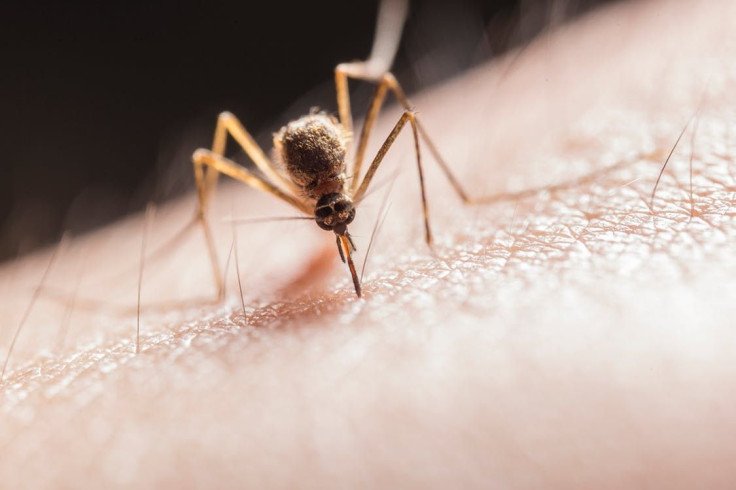Plymouth County Boy Is Massachusetts' First Human Case Of Eastern Equine Encephalitis This Year

KEY POINTS
- Massachusetts reported its first human case of EEE this year
- EEE's initial symptoms are similar to other diseases making challenging to be diagnosed
- Health officials urge people to avoid mosquito bites and refrain from outdoor activities in the evening
First Human Case of Eastern Equine Encephalitis (EEE) of the year has been reported in Plymouth County by the Massachusetts state’s Department of Public Health. The patient is a young boy under 18 who was exposed to the virus in Middleborough and there is no word yet on his condition.
In response to the diagnosis, the state’s public health officials have raised the risk level for EEE exposure to ‘critical’ in Carver and Middleborough regions. Outdoor activities are restricted on town-owned properties in Middleborough from dusk to dawn and the residents are advised to refrain from outdoor activities in the evening until further notice.
High-risk areas: Kingston, Plympton and Rochester
Moderate risk areas: Bridgewater, Lakeville, Plymouth, Halifax, Taynton, Wareham and Raynham
The state’s website can offer more details about a particular town or city’s risk of EEE.
"It’s obviously concerning. It almost feels like one thing after another now with what’s happening in 2020," Erin Maher of Middleboro told CBSN Boston.
EEE has been detected in 29 mosquito samples collected this year. Health officials are working to find out exactly where and when this boy might have contracted this deadly disease. Last year, Massachusetts reported the highest number of EEE cases. While 12 people tested positive for the virus, six of them died.
Eastern equine encephalitis (EEE) is a deadly rare mosquito-borne viral disease that spreads to human beings by infected mosquitoes. One cannot catch it from an infected individual but can only do so after being bitten by an infected mosquito. The virus can lead to brain inflammation. The symptoms of EEE include headache, high fever, tiredness, nausea, vomiting, neck stiffness, seizures, confusion, and in severe cases, coma, and even death.
Since the initial symptoms of this viral infection might resemble that of several other illnesses, it could be challenging to find out if an infected individual’s symptoms are related to encephalitis.
“EEE is rare, but it is a serious disease and public health concern, and we remind residents of the need to protect themselves from mosquito bites as EEE activity increases,” Public Health Commissioner Dr. Monica Bharel told CBSN Boston.
Here are some effective ways to prevent EEE:
- Avoid mosquito bites by using repellent, wearing long sleeves and pants
- Refrain from outdoor activity in the evening, especially in the highest risk areas
© Copyright IBTimes 2025. All rights reserved.






















